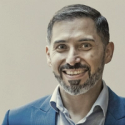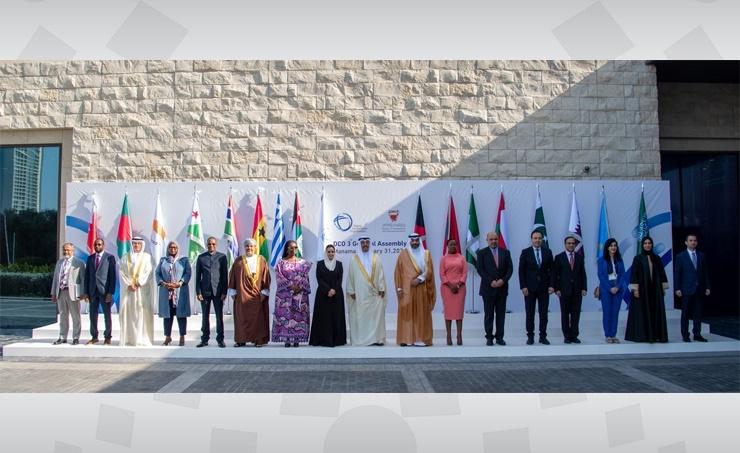The News
The Global South should have a stronger voice in global digital policymaking which is currently dominated by major tech firms and giant nations, the head of the Riyadh-based Digital Cooperation Organization — whose 16 members include Bangladesh, Greece, and Nigeria — said in an interview.
Artificial intelligence, data flows, and the fight against misinformation are key focus areas, the organization’s Secretary-General Deemah AlYahya told Semafor: “We still don’t have harmonized policies or regulations when it comes to tech … There is nobody on a global level that is actually providing that.”
The organization is drafting an AI treaty that goes beyond ethical principles to include infrastructure, capacity-building, and practical applications. AlYahya said discussions have already begun with the Council of Europe and the African Union to expand the initiative.
Know More
Established in 2020, the DCO represents countries with a combined population of 800 million. Most of them can’t take on tech giants like Meta — with its 3 billion users and a market cap that rivals their combined GDPs — on issues such as data sovereignty and misinformation, AlYahya said. These countries are often left out of global policy discussions, so the DCO aims to close that gap by offering a platform for coordinating digital strategies and advocating collectively for member interests.
One of the DCO’s top priorities is curbing misinformation. A ministerial committee led by Kuwait is working with major social media platforms to develop standards and protocols that reflect the values and needs of member states, AlYahya said.
The DCO is also helping boost tech investment within and between its member states. It has developed a tool to assess national digital maturity, identifying gaps — such as low internet penetration or weak regulatory frameworks — and offering policy recommendations.
Some countries have ambitious plans that aren’t properly sequenced, AlYahya said, giving the example of expediting cryptocurrency regulations before securing reliable internet access. The DCO helps its members prioritize its plans, then connects governments with private companies and institutions like the World Bank and the Islamic Development Bank to attract foreign direct investment.
AlYahya acknowledged the challenge of accelerating digital economy growth in DCO countries while placing some constraints on tech firms. “You have to be adaptable to everything in the world,” she said. Adopting tech is crucial, but must be done while “safeguarding the interests of our member states.”


